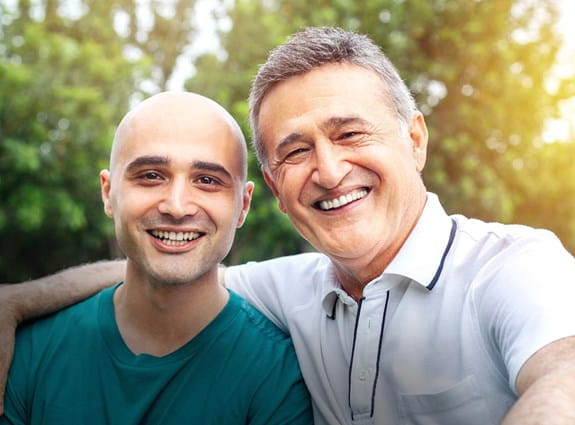
Living with cancer
Coping with changes
When you have cancer, many things may feel like they are out of your control. Everyone’s cancer experience is different, and people cope with strong emotions, practical issues and other changes in their own way. Explore the emotional effects of having cancer and different coping and practical strategies that might work for you.
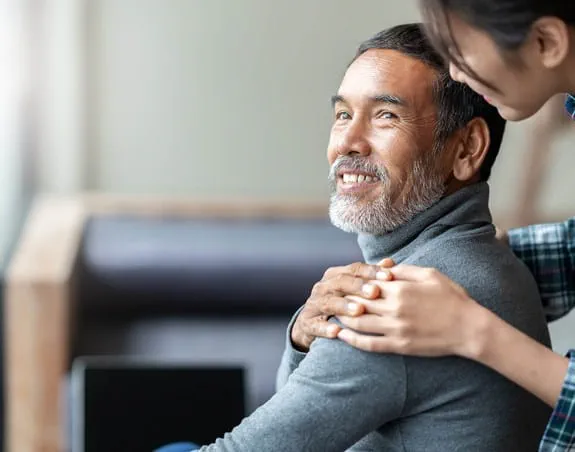
Life after treatment
For many people, cancer treatment is an experience that stays with you and can change your outlook on life. The end of cancer treatment is a period of transition and adjustment, and can produce mixed emotions. Learn more about follow-up care and life after treatment.
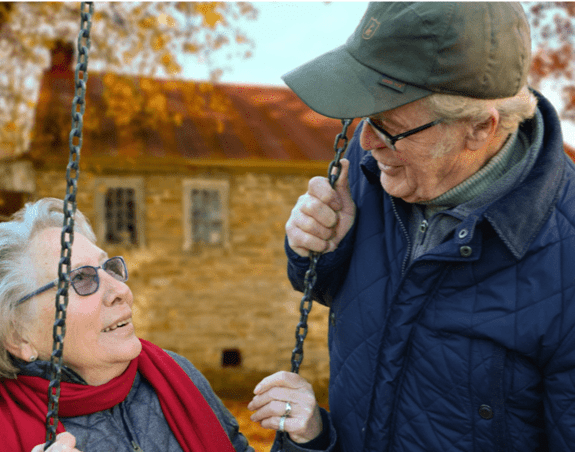
Advanced cancer
Advanced cancer is cancer that is unlikely to be cured. Treatment doesn’t end when cancer is advanced – but it does change.
Learn more about adjusting to life with advanced cancer and facing end-of-life decisions.
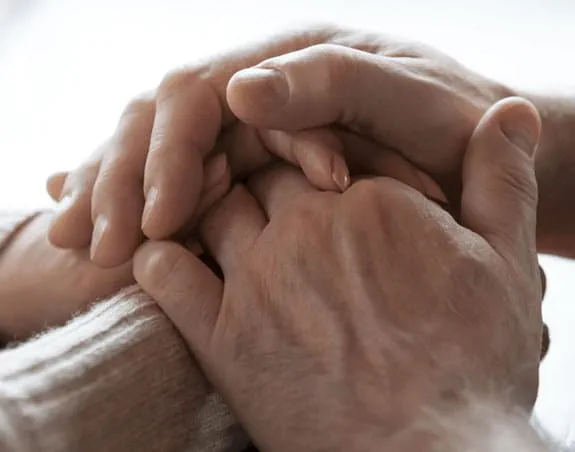
Your child has cancer
Having a child with cancer is one of the biggest challenges a family can face. It’s normal to have a wide range of emotions and questions during this time. Explore common health and practical concerns, how to cope as a parent and how to support your child.
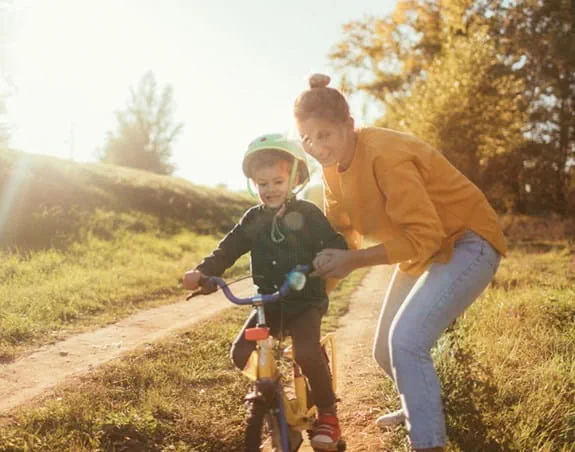
Helping someone
When someone you know has cancer, you may not know what you can do to help. We cannot predict how someone with cancer may be feeling or know what they’re going through. But there are important ways to still be there as a friend or co-worker.
Explore how you can offer help and support to someone who has cancer.
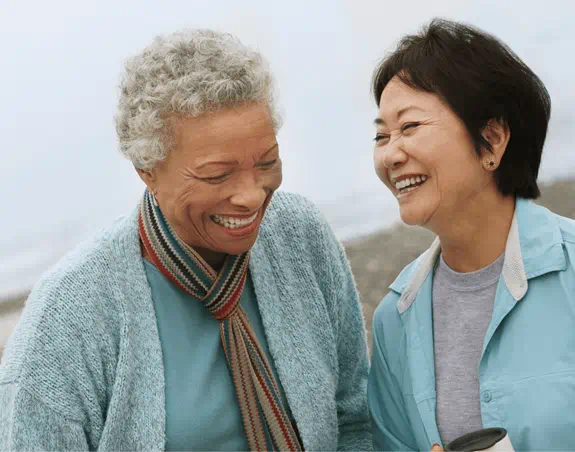
Virtual cancer care resources

How we can help
If you’re struggling to cope with your cancer diagnosis or that of a loved one, you’re not alone. We offer the largest support system in the country for those with cancer and their family, friends and caregivers. Find out more about our free and confidential services including our Cancer Information Helpline, cancerconnection.ca online community, and more.
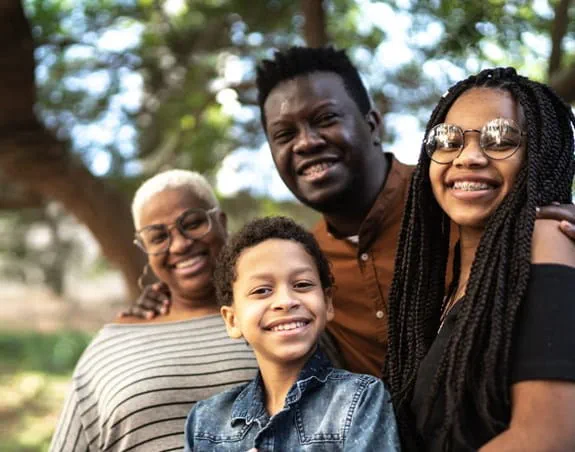
Partner on research funding with us
As someone living with cancer, your experience can help us ensure research funding decisions are relevant and impactful to people affected by cancer. Your input can help us make more equitable, relevant decisions in research funding. You are important in helping us build and share knowledge on engagement so that the way we fund research, and the research we fund, gets better and better.

